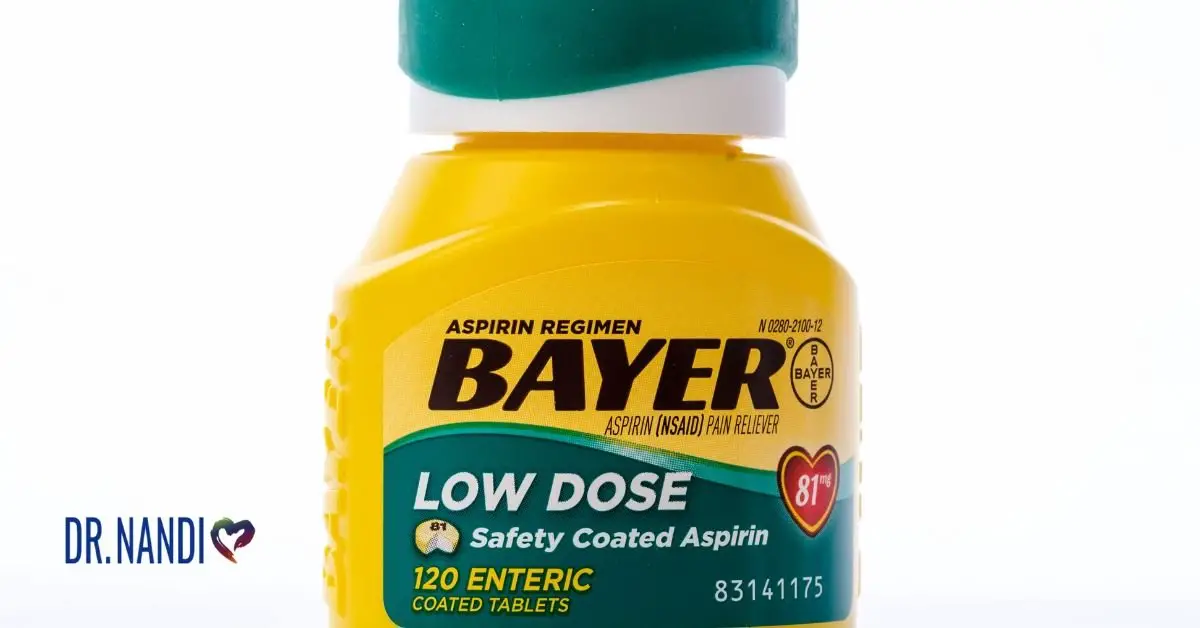In the ongoing ‘California Teachers Study,’ participants have continued to provide important information about their health and lives. More than 57,000 women participating in the study reported their use of aspirin. Researchers found a 20% risk reduction for a common subtype of breast cancer, hormone-receptor positive, HER2 negative, in those taking baby aspirin at least three times a week.
Lowering Breast Cancer Risk
Baby aspirin has anti-inflammatory effects, which could play a role in preventing breast cancer. Those taking low-dose aspirin (81 mg) were linked to a 16% lower risk of developing breast cancer. However, more research is needed to determine if taking low-dose aspirin could reduce the risk of developing breast cancer. Also, regular dose aspirin, acetaminophen, and ibuprofen were not associated with a lower breast cancer risk. Breast cancer is the second most common cancer in women next to skin cancer regardless of race or ethnicity. Over 250,000 new cases are expected this year alone. To lower your risk of breast cancer, take these four precautions:
- Limit Alcohol – the more you drink, the greater your cancer risk. So limit your alcohol intake to one drink per day.
- Watch Your Weight – carrying extra weight increases your risk for many diseases, including cancer. This is especially true for women after menopause.
- Avoid Radiation – limit your exposure to things like PET scans, CT scans, and X-rays unless they are medically necessary. Studies have associated breast cancer with radiation exposure.
- Self Examine – Make sure to perform regular self-breast exams and see your doctor if you notice any changes. The current recommendation for mammograms for women between 50 and 74 years of age is every two years. Women between the ages of 40 and 49 should have their doctor assess breast cancer risk and begin mammograms per their recommendation.




















